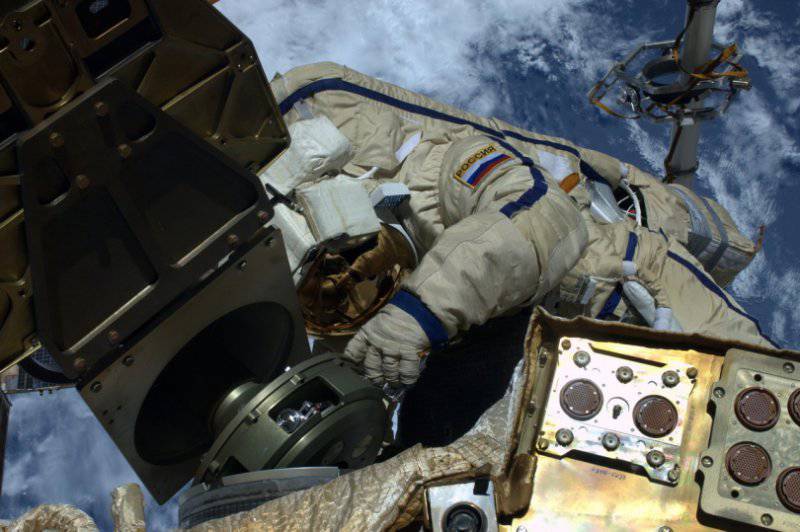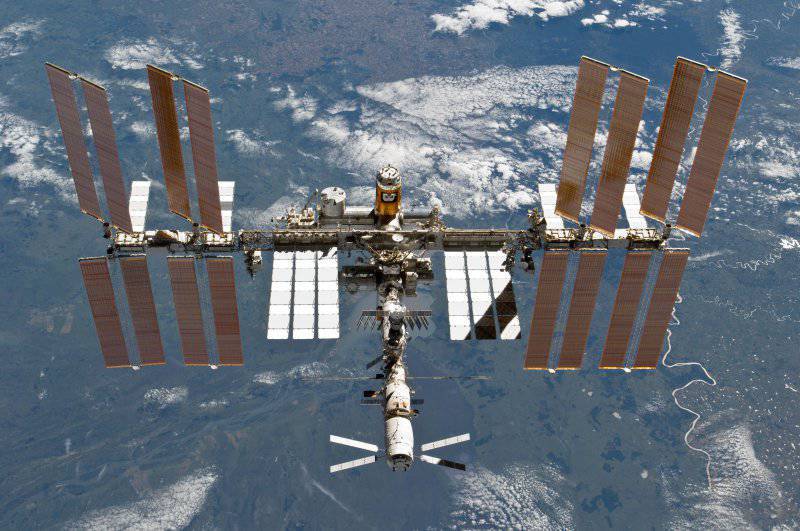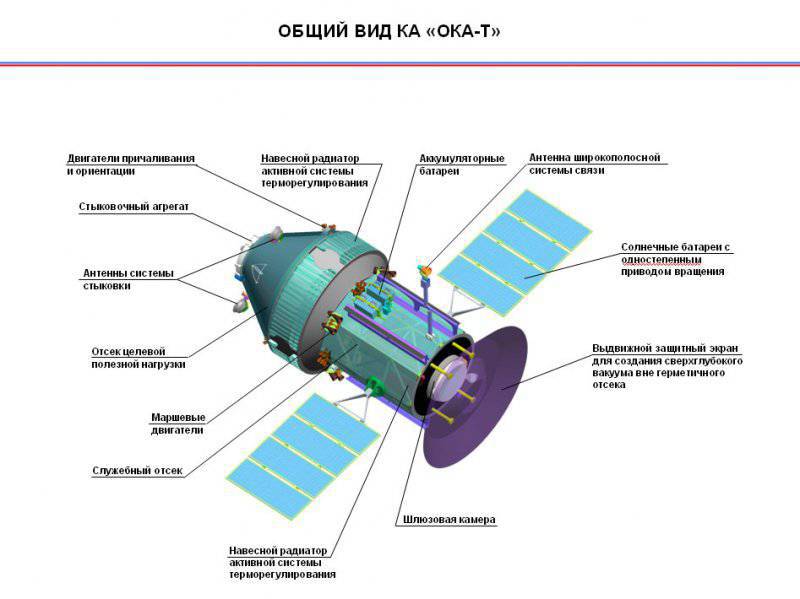Prospects for the development of Russian cosmonautics
At the same time, our country must effectively develop near-Earth space and implement a program to develop a natural satellite of the Earth and develop basic technologies to prepare a manned flight to Mars and other planets of our solar system. It is obvious that the development of Russian manned cosmonautics in this direction cannot be complete without changing the system of training and selection of astronauts existing in the Russian Federation, since it places new demands on the tasks used by technical means and the conditions of training and selection.
The development of manned astronautics should be carried out precisely in the key of the challenges ahead. One of the main elements of development and modernization of the CPC should be the creation of a modern scientific and technical cosmonaut training complex, as well as the creation of the necessary infrastructure, the organization and conduct of developmental and scientific research for the development of manned flights. Also, the training of qualified personnel of the CPC itself will be very important, Boris Kryuchkov believes.
Prospects for the development of Russian cosmonautics were the subject of a meeting between Russian Deputy Prime Minister Dmitry Rogozin, who oversees the development of the military-industrial complex, and the leadership of Roskosmos, held on September 23, 2014. After in our country it was decided to resume the program aimed at the exploration of the moon, the Russian authorities decided on the beginning of its active phase. According to Oleg Ostapenko, who holds the post of head of Roscosmos, Russia’s full-scale exploration of the moon will begin at the end of the 20s of the early 30s. In general, the government is ready to provide 321 a billion rubles to 2025 for space exploration, Deputy Prime Minister Dmitry Rogozin said.
In formalized form, according to Ostapenko, the new draft of the Russian Federal Space Program for 2016-2025 will be agreed with the government in the near future. According to him, the program has almost completely completed the approval process. He told reporters about this at a meeting at the Cosmonaut Training Center. The new Russian program provides, in particular, for the development of a super-heavy launch vehicle, the active development of the Earth's natural satellite, the creation Robot- an astronaut who will assist the ISS crew during spacewalks.
According to RIA "News”, A part of this sum will be directed to the development of new modules for the ISS, as well as to the development of a new Russian automatic spacecraft called“ OKA-T ”. OKA-T is an autonomous technology module, a planned multi-purpose space laboratory that will be included in the Russian segment of the ISS. In this case, the module will be able to work in space separately from the station. From time to time, he will dock with the ISS, whose crew will take over the functions of refueling, maintenance of scientific equipment onboard and other operations.
According to the deputy chairman of the government, the device “OKA-T” is designed to solve scientific problems in a blue vacuum. At this point in time, all space experiments aboard the ISS are carried out in accordance with the long-term Russian program of scientific and applied research. Among these experiments - the study of chemical and physical processes, as well as materials in terms of their presence in space. Also, as noted by Rogozin, studies of our planet from space, biotechnology, space biology, and space exploration technologies are being implemented and planned. A lot of things are planned and implemented, Rogozin said, stressing that today the state allocates significant funds for space research.
Also at a meeting on the development of Russian cosmonautics, Rogozin raised the question of the feasibility of developing manned cosmonautics in the aspect of the International Space Station. The Russian Deputy Prime Minister drew attention to the current geopolitical situation, noting that the Russian Federation should be as pragmatic as possible in current realities. Earlier, Dmitry Rogozin has already said that after 2020, Russia can focus its efforts on more promising space projects than the ISS, having turned its attention to the creation of purely national projects.
A possible termination of international cooperation within the framework of the ISS project may occur between 2020 and 2028. The domestic space industry is preparing for this development of the situation. RSC Energia has previously made a proposal for the development of an independent Russian project of an orbital base located in low-Earth orbit using three Russian modules of the ISS - two science and energy and one node. Such a base may be needed as part of the creation of an in-orbit space port. Without such a port, it is difficult to think about the development of the Solar System and the resources available in it. In the future, the process of assembling and maintaining various interplanetary space complexes can be adjusted on such a base. Someone will say that these are things of the far future, but RSC Energia specialists are simply obliged to look at the decades ahead in order to determine the vector of development of the Russian cosmonautics more accurately.
In this regard, the ship module OKA-T, which should appear in the composition of the infrastructure of the ISS in the near future, becomes important. This technological ship, flying freely at some distance from the station, is planned to be sent into space in 2018. OKA-T will become the prototype of the first industrial workshop located in Earth orbit. On board the ship, it is planned to carry out a variety of scientific research and obtain new materials (including medicines) with such properties that it is impossible to achieve on Earth. It is impossible to arrange such production on the ISS itself due to constant vibrations and the presence of microgravity. At the same time, on a freely flying unmanned ship-module "OKA-T" conditions for this will be ideal. Once in 6 months, such a ship will dock with the ISS for maintenance and loading / unloading of raw materials and finished products.
Information sources:
http://vpk-news.ru/articles/22268
http://www.newsru.com/russia/23sep2014/luna.html
http://www.politforums.net/culture/1366236010.html
http://mir24.tv/news/Science/11284833



Information